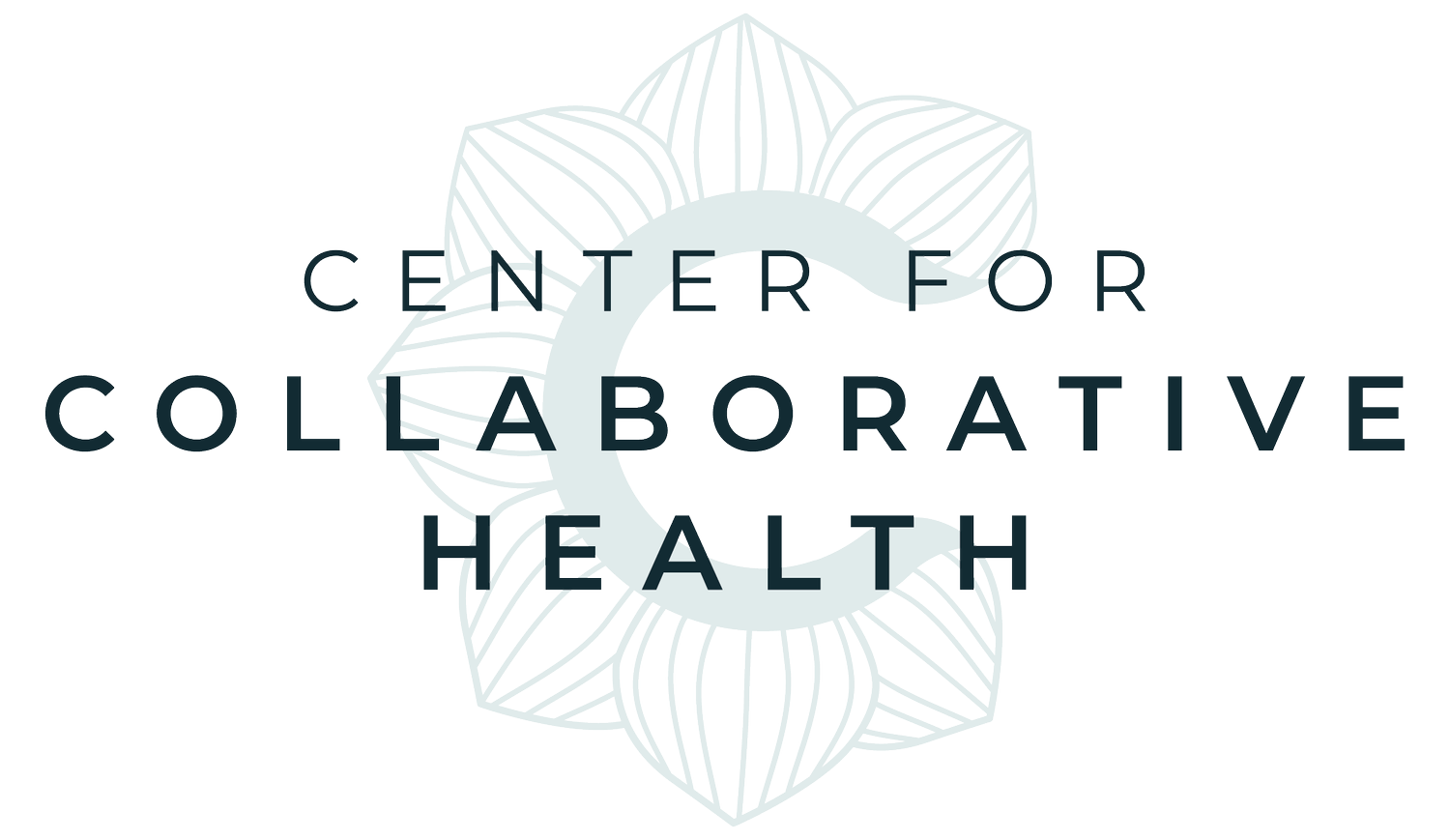Red, White and Boom: The other side of Fireworks
When we think of classic 4th of July gatherings, we think of family and friends, delicious food, firework displays, parades, sporting events, and more. For many, fireworks are actually the best part of the holiday. And although the bright lights and booms of the fireworks are beautiful, they are not always associated with happy memories. Unfortunately, firework displays can be triggering for people with posttraumatic stress disorder (PTSD) and other trauma related disorders, many of whom are bothered by loud noises.
People who have experienced a traumatic event are often in a constant state of high alert, tense and on guard, and looking for possible danger, whether real or presumed. Along with this, comes a tendency towards increased startle reactions. This means an uncharacteristic response in which a person becomes dysregulated at sudden noises. Usually loud noises that are expected, such as planned city or community fireworks, do not create as much of a problem as people know when to expect them. But unexpected sounds like a car backfiring or personal fireworks can trigger physical and emotional reactions (e.g., shaking, rapid heartbeat, sweating, anger, fear, etc.) in people with PTSD.
Fireworks can also serve as a trigger for unwanted memories in those who have experienced a traumatic event, including but not limited to, combat, natural disasters, assault, or serious accidents. These memories can be triggered by things that remind the person of the traumatic event. For example, a loud sound might remind a veteran of an explosion, or the smell of fire might remind a person of a house fire they experienced. Once a person has been triggered, they may relive the traumatic event through flashbacks, unwanted thoughts, nightmares, or physical and emotional reactions reminiscent of how they felt during the traumatic event.
About 7 percent of Americans experience PTSD in their lifetime, according to the National Institute of Mental Health. This means that it is likely that you or someone you know is suffering from symptoms consistent with PTSD and it is best to be prepared this 4th of July.
Here are some ways to intercept the sparks that can fly during this firework season:
If possible, ask those around you to not shoot off fireworks or let you know when they plan to do so.
Remind yourself you are not in danger. Actively tell yourself that you are home and safe, and that the sounds are only fireworks.
Distract yourself during fireworks with enjoyable activities such as exercise, watching your favorite movies, listening to your favorite music, playing with your pets, cooking, or baking something you enjoy.
Invest in good ear protection, noise cancelling headphones, earplugs, or even a white noise machine.
Breathe deeply and slowly. Consider counting as you breathe in and out, inhaling for one to five counts, and then exhaling for one to five counts.
Close the blinds or wear an eye mask if the bright, flashing lights bother you.
Try not to use alcohol or drugs to reduce your anxiety or cope with the unwanted feelings.
Leave! Plan a fun getaway outside of your neighborhood or even city where the likelihood of fireworks is less.
And last, but most importantly, seek help! If you find yourself triggered this 4th of July, know that you are not alone in these reactions and that we can help support you through evidence-based treatments for PTSD.

